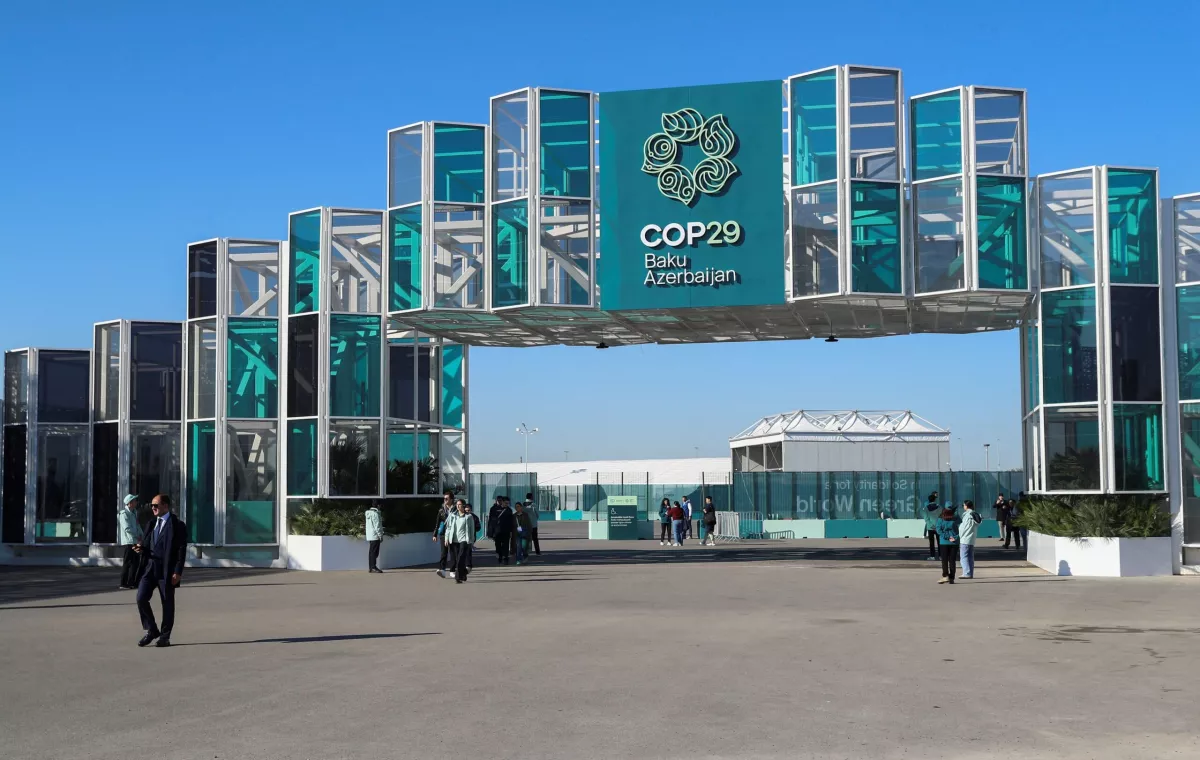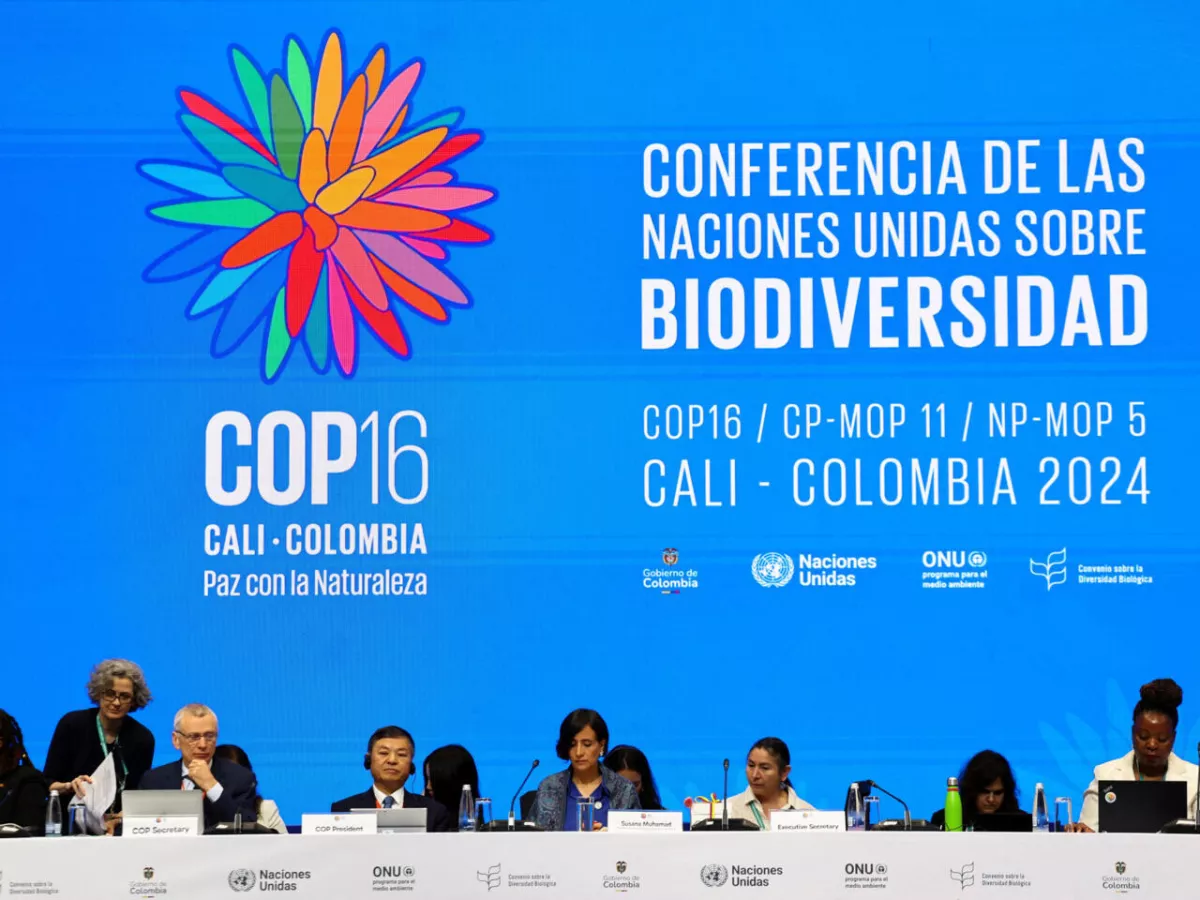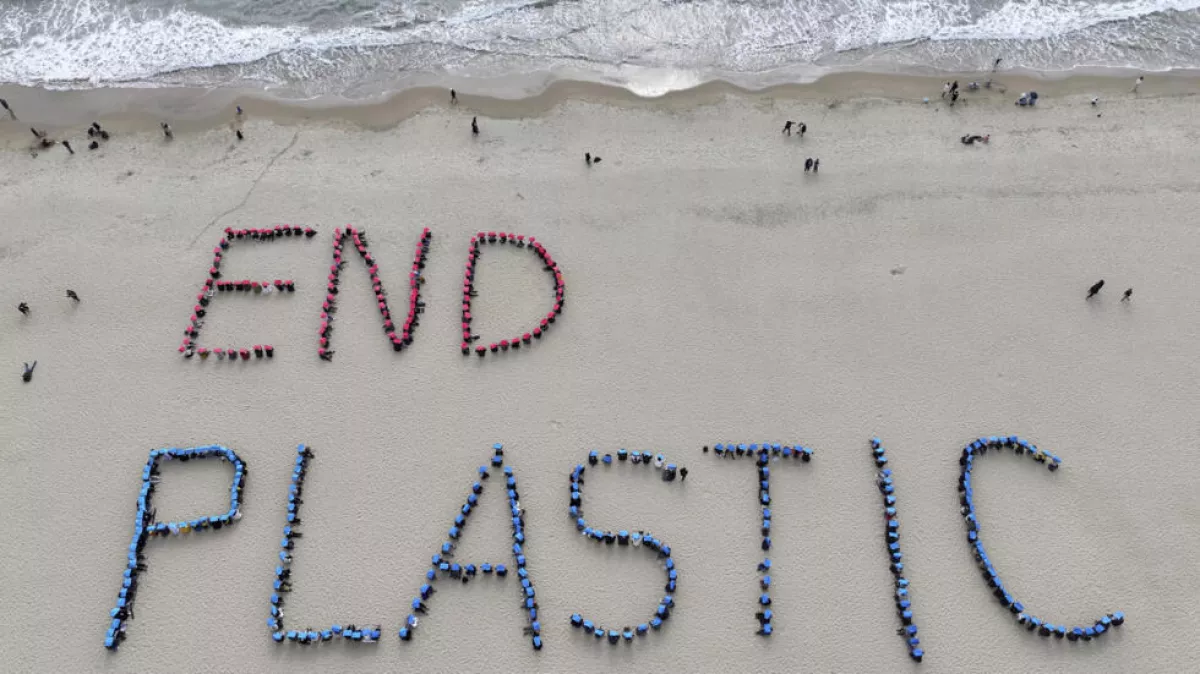Western media's opposition to environmental progress Toxic emissions
COP29 in Baku stands as a historic milestone, demonstrating Azerbaijan's ability to forge consensus even in the face of deep geopolitical divisions.
The success of the climate conference in the Azerbaijani capital is especially notable given the intense smear campaign directed at it by certain Western media outlets and officials before and during the event. Despite unjust accusations and doubts cast over Azerbaijan’s capabilities, the reality proved otherwise: COP29 concluded successfully, with the decisions made representing a significant advancement in the global fight against climate change.
Key outcomes included: Agreement on the Baku Financial Goal; full implementation of Article 6 of the Paris Agreement; complete institutionalization of the Loss and Damage Fund; the creation of the Baku Adaptation Roadmap for the "Global Adaptation Goal" document; and the adoption of the 10-year updated Lima Work Program on Gender Issues.

In total, five key documents were adopted, which will shape the global agenda for combating global warming for many years to come.
It may seem that the venue of the conference is irrelevant, and since important figures were gathered to address global issues, some final documents would inevitably be adopted. However, this is not the case, and one of the key pieces of evidence for this is the outcome of two other major environmental conferences held before and immediately after COP29, where the parties were unable to reach a consensus.
The first conference was the 16th UN Biodiversity Conference, held from October 21 to November 1, 2024, in Cali, Colombia. Participants failed to reach agreements on key issues, including financing mechanisms and the distribution of responsibilities for biodiversity conservation. By 8:15 AM on November 2, when Panama attempted to call for a vote count, it became clear that more than half of the delegations had left the conference, making it impossible to continue voting according to the rules. It was revealed that, due to the delayed final session and slow progress, many delegations rushed to leave early to catch flights home. According to media reports, many developing countries lacked the budget to change their flight schedules and had to forgo the final meetings.
The second conference, focused on combating plastic pollution, took place from November 24 to December 1 in Busan, South Korea. Once again, countries failed to agree on even basic principles, such as setting limits on plastic production and creating mandatory recycling standards.

Much of the conference was held behind closed doors. According to The Associated Press, environmental groups, indigenous leaders, communities affected by plastic pollution, and scientists who traveled to Busan to assist in the development of the treaty stated that the process should have been transparent. They expressed feeling silenced.
"This is why the negotiation process is failing," said Björn Beeler, international coordinator of the International POPs Elimination Network. "Busan proved that the process is broken and just hobbling along," he added.

Yet, we do not encounter scathing critiques from media giants like BBC, Deutsche Welle, The New York Times, The Guardian, or the increasingly influential Politico. These are the very outlets that voiced the loudest criticisms of Azerbaijan before and during COP29. Where are the venomous articles and video reports mocking the inability of the host countries of the two aforementioned conferences to organize productive negotiations? They are absent because the true aim of Western media is not to address the climate agenda, but to serve a political agenda focused on Islamophobia and Turkophobia. Influential figures in Western capitals cannot digest Azerbaijan’s victory over their cherished Armenia, the complete restoration of Azerbaijan’s sovereignty, and even more so, its bid to become an active player in global politics. Therefore, hosting the global climate conference in the capital of Azerbaijan became a red flag for some in the highest echelons of Western society.
Unfortunately, this panorama is difficult to change, as human vices are endless. Azerbaijan, for its part, has added the success of the conference to its list of achievements and, leveraging the experience gained, is ready to move forward toward new accomplishments. It is also worth noting that the country is prepared to counter any future attacks.








